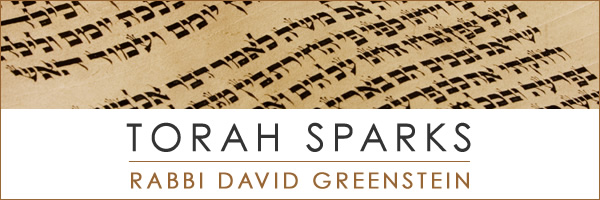Parashat Va’era
Exodus 6:2 – 9:35
Dr. Michael S. Kogan, our dear and distinguished member, explains in his book, Opening the Covenant: A Jewish Theology of Christianity, that perhaps the fundamental difference between the two religions is in each one’s concept of free will. Judaism maintains that, despite everything we know of human history, human beings, created in the Divine Image, are blessed with free will. It is free will that allows a person the freely chosen option to serve God authentically. Christianity, on the other hand, through its doctrine of Original Sin, posits that we have lost our capacity of free will and depend solely on God’s grace as the basis of our salvific relationship.
If this is so, then how problematic is our Torah portion! It is in this text that the progression of plagues is recounted. While, in the first plagues, Pharoah’s refusal to let Israel leave is attributed to his own hard-heartedness, by the time we get to the plague of Boils, the Torah reports that “The Eternal strengthened Pharoah’s heart.” (Ex. 9:13)
Here we seem to have a clear report that God has deprived Pharoah of his free will, the very essence of what makes a person human and a creature of God. It would seem that our own liberation as a people teaching the importance of free will is predicated on the Divine removal of that blessed capacity from a human being. This problem has vexed readers of the Torah down through the ages.
Sforno, a classic Biblical commentator who lived in Renaissance Italy, and who must have been acutely sensitive to the issue of the stature of the human as a free being, offers a running commentary throughout this story in an effort to understand the role of God in Pharoah’s decision-making. He suggests that our free will – in the sense of chossing that which we really wish – is never purely experienced. It is always compromised by many factors. For example, we may really want to steal something from the store. Our fear of being punished and/or shamed, if caught, makes us refrain from doing this act. Or, we may really wish to get involved more deeply in our religious traditions, but other commitments and the lack of social support make it easy for us to put off that choice. In each case we may really want to choose a certain action,, but then back awat from it, feeling constrained by outside forces.
Sforno argues that this is the situation regarding Pharoah. His true desire, freely chosen, was to enslave the Hebrews. Yet mounting pressure from the undersirable consequences of his choice would have possibly made him cave in and let the Hebrews go. Yet this choice would not have been the product of his free will, but of his fear or political calculations. Here is where God comes into the picture. God helped Pharoah be true to himself despite the consequences. Pharoah could see himself as courageous and principled, as free and unbowed as a result.
What do you think?
Shabbat Shalom
Rabbi David Greenstein
- Toby Stein: In Memoriam - Thu, Feb 8, 2024
- Faithfulness and Hope: Parashat Sh’lach - Thu, Jun 23, 2022
- Past Their Prime: Parashat B’ha`a lot’kha - Thu, Jun 16, 2022

